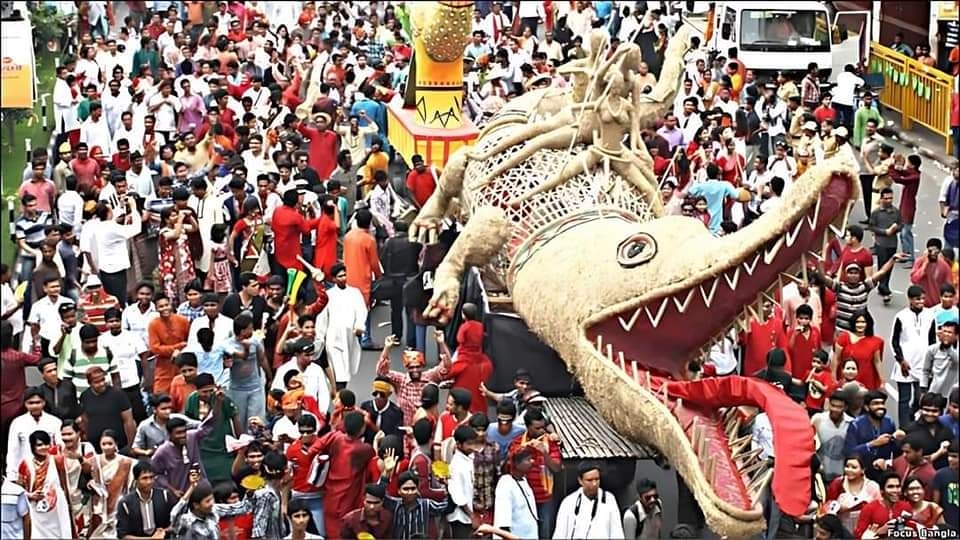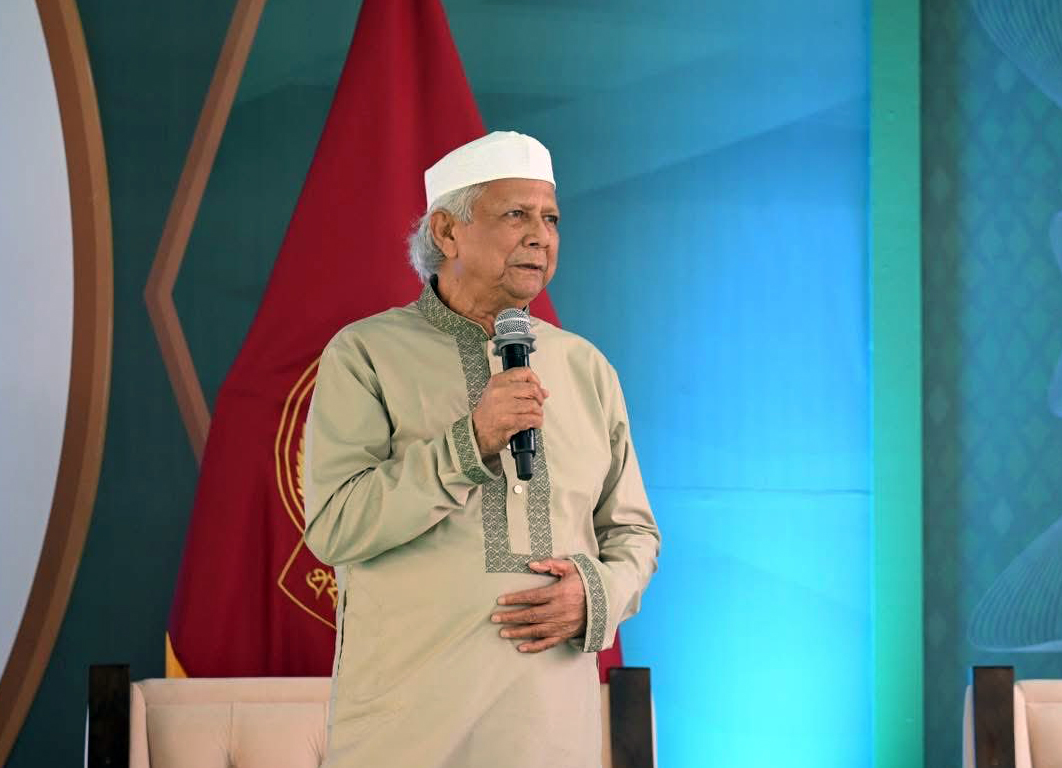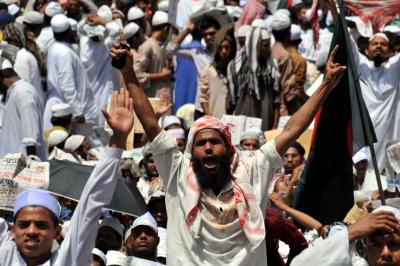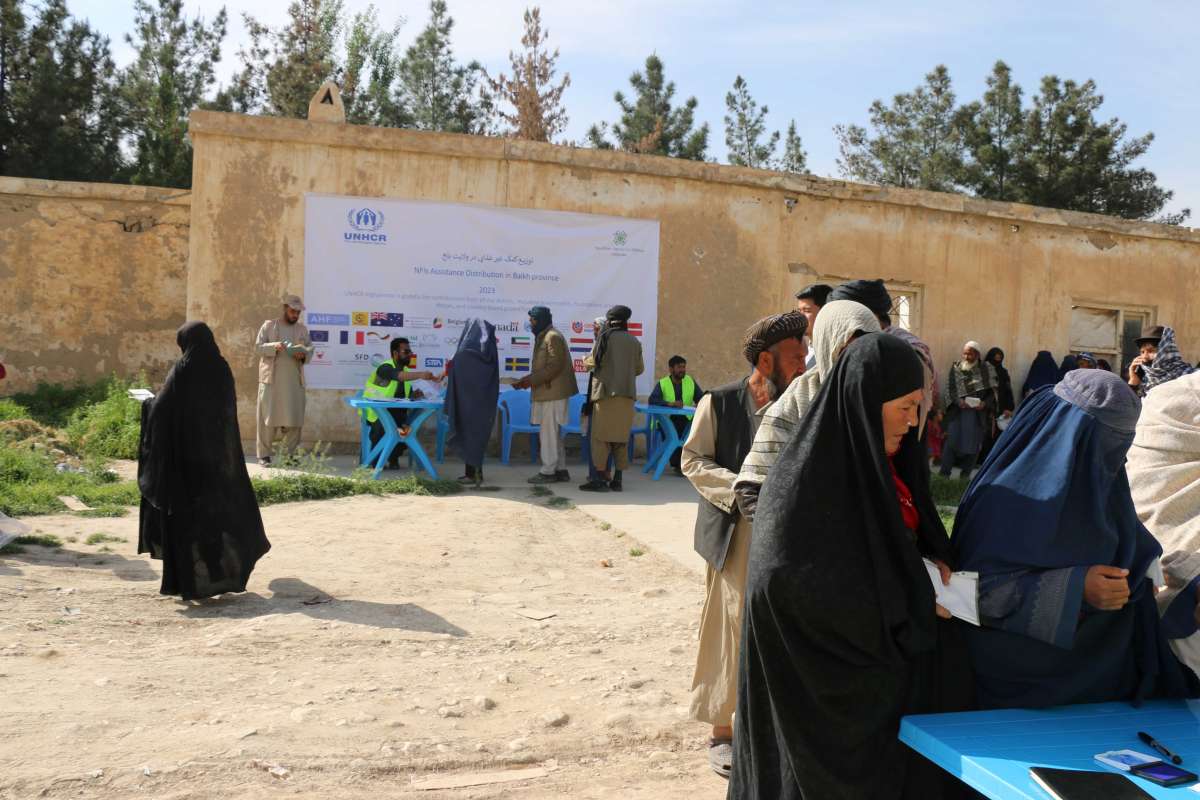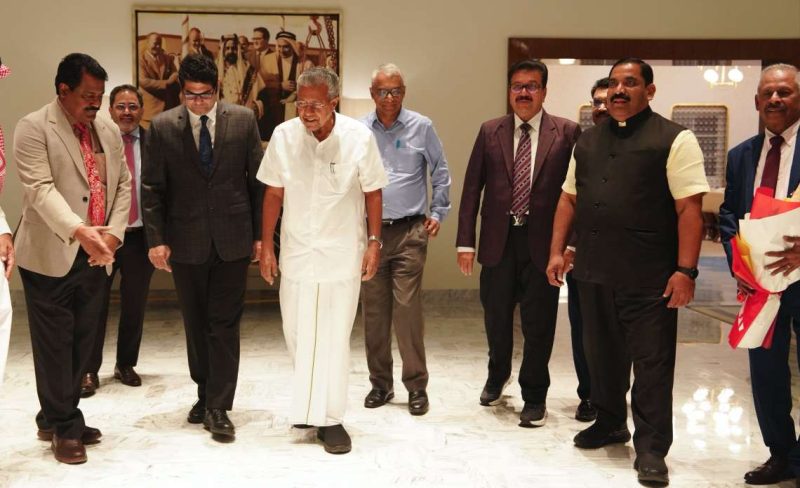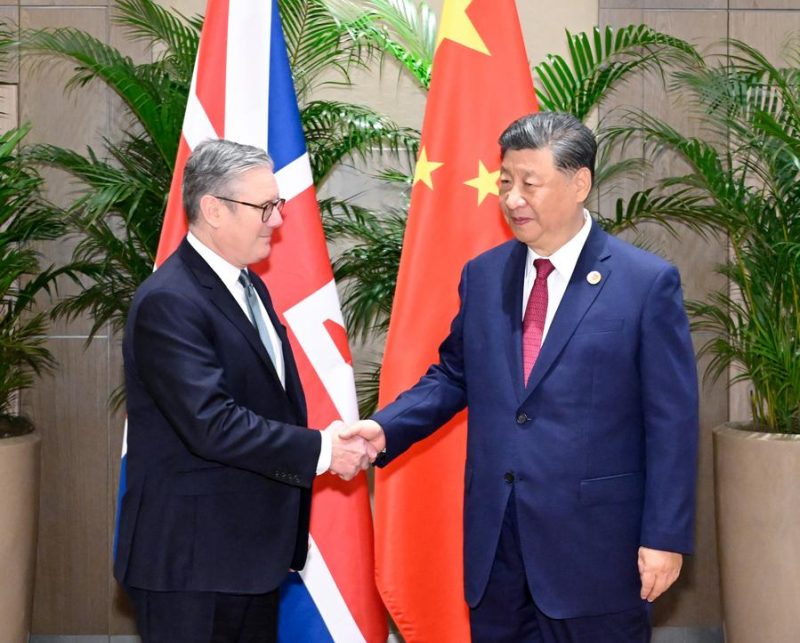Yet there remains the big question of the extent to which Bangladesh’s secular polity is in an embattled state today…writes Syed Badrul Ahsan
A week before Pahela Baishakh, the first day of the Bengali New Year, a lawyer in Dhaka served notice before the Bangladesh High Court asking it to impose a ban on a significant part of the day’s celebrations. The Mangal Shobhajatra, said the lawyer, was no part of Bengali tradition. The Mangal Shobhajatra, by the way, is a celebratory procession which in recent times has been brought out by students of the Fine Arts Institute of Dhaka University to observe the advent of Baishakh. It is joined by thousands of other students as well as citizens and cheered by people across the country.
When it became evident that efforts were underway by right-wing elements to have a ban imposed on the Mangal Shobhajatra, a public outcry on social media and outside it created a situation where the government stepped in with clear support for the celebrations. In more ways than one, the argument by the right-wing fringe that the Mangal Shobajatra lacked a Bengali character, that it was part of Hindu culture and, therefore, it was at variance with Islam brought Bangladesh’s secular classes together in a powerful display of unity. The country breathed a sigh of relief.
And yet there remains the big question of the extent to which Bangladesh’s secular polity is in an embattled state today. Fifty-two years ago, when the government of Sheikh Mujibur Rahman, Bangladesh’s founding father, decreed secularism as one of the four core principles of state policy, principles which were to be enshrined in the nation’s constitution adopted in December 1972, Bangladesh formally set out on a course of political liberalism. That the country was a Bengali state, that religion would take a backseat to politics was the underpinning of the republic.
Alas, that modern approach to politics was not to last. With the assassination of Bangabandhu Sheikh Mujibur Rahman in August 1975, Bangladesh passed into a dark era which in effect was a throwback to the politics governing Pakistan for the twenty-four years until the Bengali War of Liberation in 1971. The seizure of power by Khondokar Moshtaque Ahmed and his cabal of majors and colonels was the first ugly hint of Bangladesh being pushed back into the past. The nationalist slogan of Joi Bangla was replaced by Bangladesh Zindabad in clear imitation of the old Pakistan Zindabad.
The rise of General Ziaur Rahman in November 1975 and of General Hussein Muhammad Ershad in March 1982 to power through illegitimate military means added to a further erosion of secular politics in the country. Zia through his dictatorial fiat knifed secularism and socialism out of the constitution. He did more, by doing away with the Bengali nature of the state and imposing on the country a so-called Bangladeshi nationalism to the detriment of Bengali nationalism.
The Zia regime facilitated the re-entry into politics of the pro-Pakistan politicians of the Jamaat-e-Islami and the Muslim League, those who had openly collaborated with the Pakistan occupation army in the genocide of their fellow Bengalis in 1971, thus adding to the sinister encroachment by regressive politics on the secular nature of the country. In the years of the Ershad military regime, secular politics was dealt a further blow when Islam was imposed on the country as the religion of the state.
General Ershad went on record with his public declaration that his regime would go ahead with turning Bangladesh into an Islamic republic. Of course, Bangladesh has remained outside the purview of Islamic statehood, but in so many other ways every effort was made to have the Bangladesh state mutate into a communal dispensation. The government of Begum Khaleda Zia carried the Islamic element forward in the early 1990s and early 2000s.
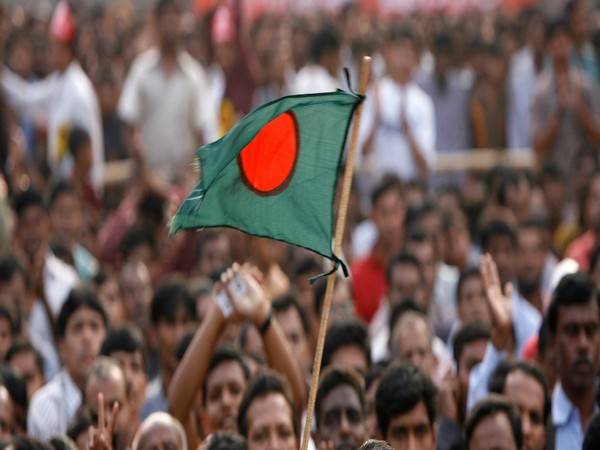
So has Bangladesh returned to its secular moorings under the government of Sheikh Hasina? Not really, for the Awami League has been unable, despite the fourteen years it has been in power since January 2009, to roll back the communalistic nature of the state. The government of course emphasises Bengali nationalism and on significant occasions underscores the secular nature of the republic.
In formal terms, however, and despite its overwhelming command of parliament, the government has not been able to reverse the dark traditions set in motion in the period between 1975 and 1996 and again between 2001 and 2006. Friday, the weekly holiday introduced by the Ershad regime to burnish its false Islamic credentials, has remained, with no thought to a return to Sunday being the beginning of the week. The government is clearly wary of the reaction from the religious right should it make a move for Sunday to be restored as a holiday in line with global convention.
The case for a return to secular politics is today one which calls for serious deliberation on the part of policy makers in the government. With assaults being made on textbooks by communal forces, with liberal voices being trolled on social media, with ages-old aspects of Bengali heritage being derided as part of the Hindu faith, with a section of clerics strident in their demand for majoritarian faith to replace the non-communal ethos of the country, it becomes hugely important that secular forces reignite the flame which has historically governed the spirit of Bengali nationhood.
The government needs to act to reassert the old values. With the terrible record of religious minorities coming under assault—read here Hindus, Buddhists and Ahmadiyas—from well-organised Wahhabi fringes of the majoritarian faith, it is time to go for tough action against the elements which have thrived on promoting communal discord in the country. There can be no gainsaying that extremist Islamist political groups along with other right-wing elements—such as the Hefazat-e-Islam and Khatme Nabuwat, among others—have had quite a field day in Bangladesh through promoting religious intolerance. Ignoring them or appeasing them will have grave consequences.
But for secularism to be reinvented in Bangladesh, it is of critical importance that such liberal political formations as the Communist Party of Bangladesh, the Workers’ Party and the various factions of the old Jatiya Samajtantrik Dal reach out to the country with the old message of secularism being the foundation of the republic. These parties have over the decades fallen behind in the matter of gaining public support for their policies. Some are at risk of slipping into a state of atrophy.
In a larger sense, the values which propelled Bangladesh into a war for freedom in 1971 can be properly and firmly restored through a thorough amendment to the constitution, for the constitution has been mauled beyond recognition through the years. A return to the constitution as it was framed in 1972 together with secure guarantees of rights for all ethnic groups in Bangladesh will be necessary components of a reinvention of Bengali nationalism, based as it was on the concept of Bangladesh being home to all its citizens irrespective of caste, community, faith or creed.
With the people of Bangladesh observing the anniversary of the emergence of the country’s very first government, formed by the Awami League leadership in April 1971, it should be for the generation of Awami League politicians governing the country today to call forth the will to return to the nationalistic spirit embodied by that wartime administration. Anything less will spell uncertainty about the future.
(India Narrative)


